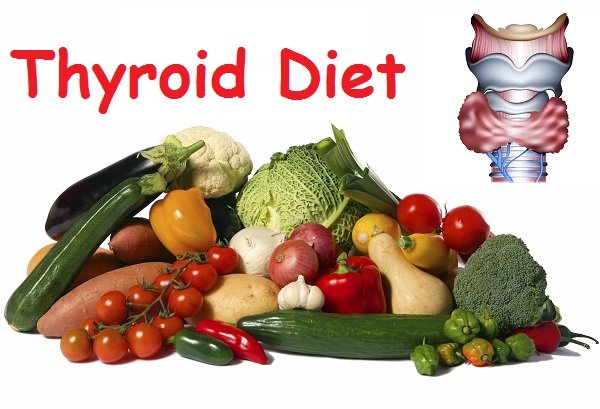


A thyroid diet cannot cure hypothyroidism, but it definitely helps with weight control and increased energy levels. Significant changes in what and how you eat can help manage the symptoms of hypothyroidism and boost your immune system.
Here are some dietary strategies for hypothyroidism that you can consider.
Thyroid diet
1. Increase Your Fibre Intake
A fiber-rich diet is one of the best ways to lose weight. Fiber helps speed up the elimination of toxins, regulate digestion, and regulate calorie intake. Consider including plenty of fiber-rich foods in your diet, such as fruits, vegetables, and legumes.
2. Limit Consumption of Sugar and High-Carb Foods
Consuming too much-refined sugar or simple carbohydrates can increase inflammation and increase your risk of type 2 diabetes. To reduce these risks and control your weight, limit or eliminate starchy foods and other forms of sugar from your diet. Consider adding low-glycemic foods. A paleo diet (low sugar intake) or a ketogenic diet (low carbohydrate diet) are good dietary strategies to consider for hypothyroidism.
3. Include More Gluten-Free Products
Researchers have established a link between gluten sensitivity and autoimmune diseases such as Hashimoto’s thyroiditis. So, consider consuming gluten-free foods to help manage hypothyroidism and lose weight.
4. Increase Your Iodine Intake
Iodine helps stimulate thyroid function in the body. Increase TSH production by adding iodine-rich foods to your diets, such as eggs, dairy, and fish.
5. Have More Selenium-Rich Foods
Selenium is an essential mineral that helps the body produce the TSH hormone. Adding selenium-rich foods to your diets, such as eggs, sardines, and various types of legumes, may help destroy free radicals that contribute to weight gain.
6. Add Good Fats
Include healthy fats such as avocados, olive oil, and healthy nuts in your healthy diet. These fats have anti-inflammatory properties that strengthen the immune system and help control the symptoms of hypothyroidism.
7. Have Small, Frequent Meals
Hypothyroidism reduces digestive function. Small but frequent meals containing balanced protein, healthy fats, and complex carbohydrates help maintain sugar levels in the body and promote fat burning.





